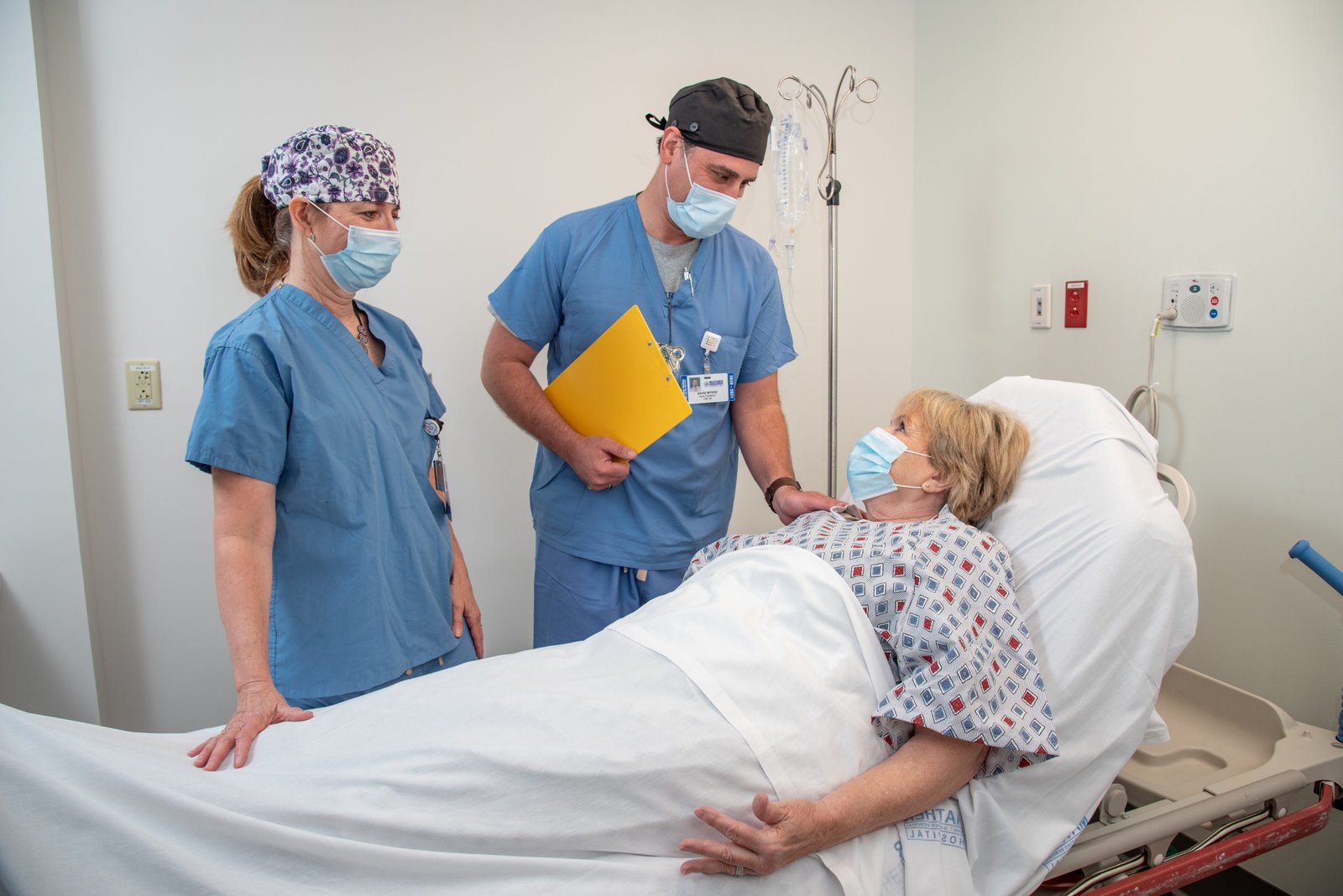
Recovering From Surgery: Tips To Know
Surgery irrespective of its type can be a physically and emotionally challenging moment in peoples’ lives. It is therefore important that patients follow the guidelines that are given before and after the operations to warrant a sound recovery. Here are some tips to help you navigate the recovery process:Here are some tips to help you navigate the recovery process:
- Follow Your Surgeon’s Instructions
Your best General Surgeon in Rawalpindi will advise you more on some of the things that you have to do after the surgery. Such may range from the use of certain medications, instructions on how to take care of their wound, what activities they should avoid, or the type of food they should take etc. That is why the implementation of these directions in detail is so important for a successful and safe outcome.
- Get Plenty of Rest
It is recommended that sufficient rest be given to the affected part of the body after surgery. The tissues in the body take time to heal and it is therefore recommended that one has to rest sufficiently and avoid certain tasks or rigorous exercises before consultation with the surgeon. Follow the advice of your body and when you start feeling tired, take a nap or just lay down and rest for a while.
- Manage Pain Effectively
Patients usually feel some amount of soreness or pain after the operation. The doctor will of course recommend pain relievers in case there is some pain that the patient is likely to experience. Follow the doctor’s prescription and do not hesitate to express to your care team if and how pain is being managed poorly.
- Drink water
Quality fluids and food are also required when dealing with a healing issue or any other medical condition. Increase your water and overall calorie intake as well as take foods that are rich in minerals to help the body recuperate. If you have a certain surgery that is planned, your surgeon or the dietitian could share with you certain directions on eating.
- Minimal Sepsis of the Incision Site
Appropriate treatment and dressing of wounds help to avoid contraction of infections and quick healing of the wound. Adhere to the surgeon’s advice on how to clean the place where the incision was made and dressing it. The main complaint regarding the affected area is pain, which can be accompanied by increased redness, swelling, or discharge; seek professional help at the earliest signs of these symptoms.
- Move Gently and Often
However, light exercise, walking around — anything that would assist in the prevention of blood clots, then it might be for the best to move a little. Your surgeon/ Physical therapist will advise you to perform certain exercises or activities that will assist you in regaining your strength and movements.
- Seek Support
Getting better often comes with physical and psychological strains. Do not be ashamed to seek help from family members or friends in terms of cleaning or cooking or taking care of children. Also, the patient may require a support group or a counseling service that can help in this difficult period.
- Attend Follow-Up Appointments
You need to arrange for at least one or more postoperative visits to your surgeon or healthcare provider to check on your condition and deal with any issues or adverse outcomes that might accompany the course of the recovery. Do not miss them because these appointments are quite critical in making sure that the recovery is smooth and incident-free.
Just to remind you, everyone’s healing process is different, and time and compliance with your body signals are vital. Adhering to guidelines of your General Surgeon in Lahore and ensuring that you take adequate care of your body, you can recover very well after surgery.


